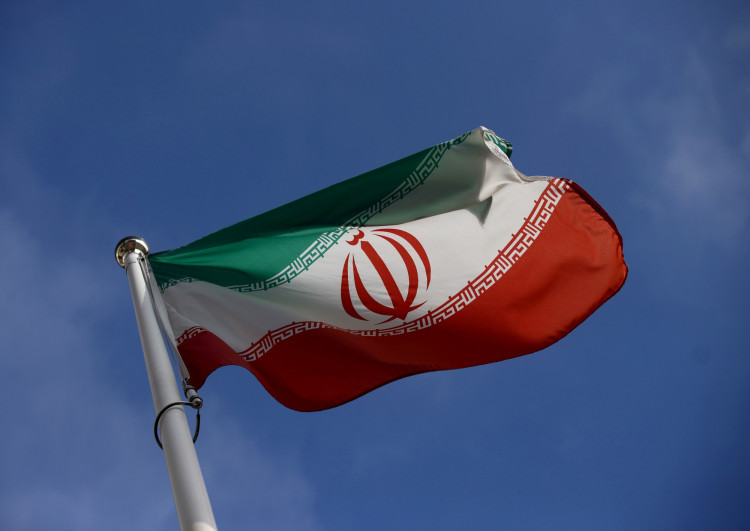Lebanon's caretaker Prime Minister Najib Mikati has appealed to Iran for assistance in securing a ceasefire in the escalating conflict between Israel and Hezbollah. This request, made during a meeting with Ali Larijani, a senior adviser to Iran's Supreme Leader Ali Khamenei, highlights the urgent efforts to prevent further deterioration of hostilities along the Israel-Lebanon border. Larijani's visit comes amid heightened U.S. diplomatic activity pushing both sides toward a ceasefire after more than 13 months of hostilities between Israel and Hezbollah.
Iran, a key backer of Hezbollah, has long been involved in providing financial and military support to the Lebanese group. Hezbollah's rocket attacks into northern Israel began following the October 2023 conflict initiated by Hamas's surprise incursion into Israel, which resulted in a wider regional escalation. In response, Israel intensified its strikes on Lebanon, with a primary focus on dismantling Hezbollah's military capabilities. The Lebanese Health Ministry has reported over 3,300 casualties due to Israeli bombardment, with 80% occurring within the past month alone.
The United States has sought to mediate, presenting a draft ceasefire proposal through its Ambassador Lisa Johnson to Lebanese Parliament Speaker Nabih Berri, a prominent figure in the negotiations on behalf of Hezbollah. A Lebanese official, speaking anonymously, confirmed receipt of the draft, which draws heavily from U.N. Security Council Resolution 1701, a framework established to end the 2006 conflict between Israel and Hezbollah. This resolution stipulates that only the Lebanese Army and U.N. peacekeepers may operate in southern Lebanon, effectively requiring Hezbollah's withdrawal from the area-an element that remains contentious and largely unfulfilled since 2006.
During his discussions, Prime Minister Mikati emphasized the importance of fully implementing Resolution 1701. He underscored that the Lebanese government seeks an end to the conflict and called for Iran's support in fostering national unity rather than backing one faction against others. Mikati's remarks reflect a growing domestic criticism of Iran's role in Lebanon, as Tehran's support for Hezbollah has significantly influenced the country's political landscape.
Larijani, following his meetings with Mikati and Berri, reiterated Iran's commitment to supporting Lebanon's government and people. "We are not trying to blow up any effort, but we want to solve the problem and we will stand by Lebanon, whatever the circumstances," Larijani stated. His visit to Beirut followed talks with Syrian President Bashar Assad, emphasizing the need to halt what they described as ongoing "aggression" in Palestine and Lebanon.
While Larijani was in Beirut, Israel continued its military operations, targeting Hezbollah-controlled areas. A recent strike hit a residential building in Beirut's Tayouneh neighborhood, resulting in significant damage but no immediate reports of casualties. Separately, rescue teams in Baalbek were searching through the rubble of a civil defense center destroyed by an Israeli strike, with 13 confirmed dead.
The broader conflict, encompassing both Hezbollah's involvement and Israel's ongoing military actions in Gaza, continues to claim a heavy toll. Israel's campaign against Hamas, which began in October 2023 following a deadly incursion by the militant group, has resulted in over 43,000 deaths in Gaza, according to Palestinian health officials. The U.N. Security Council is currently considering a resolution demanding an immediate and permanent ceasefire, although its adoption hinges on U.S. approval, with other permanent members likely to either support or abstain.




